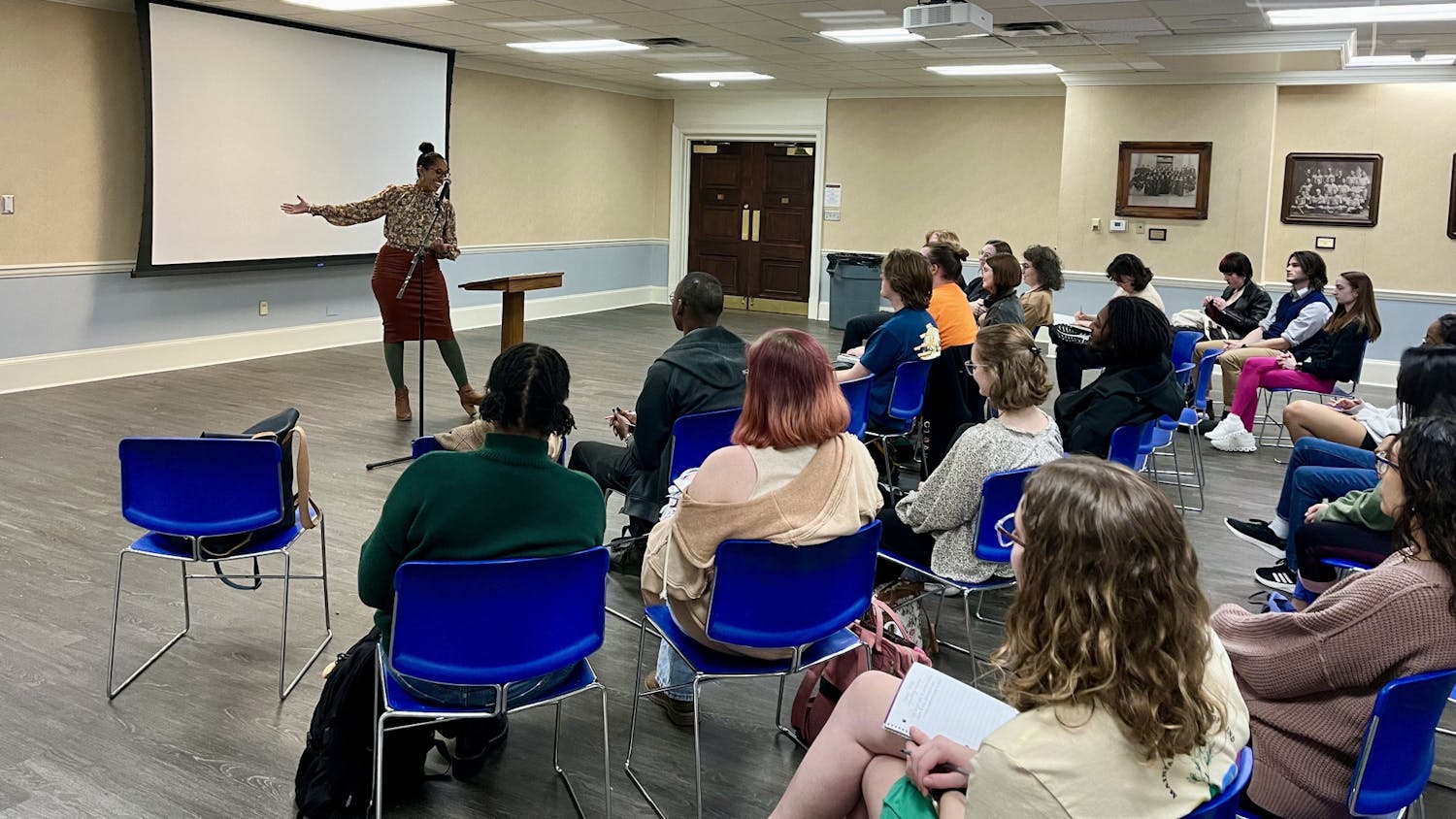With the recent premiere of “Breaking Dawn: Part II” (which, according to CNN, secured the “eighth biggest opening weekend of all time” despite earning a 46 percent from the critics at Rotten Tomatoes), the world saw the final installment of the Twilight film series. Unless Stephanie Meyer decides to capitalize on her moneymaking machine by continuing the story or writing prequels with her popular sparkly characters, we can finally say goodbye to Bella, Edward and Jacob.
To which I say: Thank GOD.
Yes, I have disliked the Twilight series (there is no way I am going to grant the word “saga” to that franchise) since high school, when I first picked up the books. Don’t get me wrong: I read them. I even enjoyed them as literary candy: kind of fun and quick to read, but not much substance. But it gets under my skin like no other series.
The books draw a lot of criticism for their classification as romance novels. I think we’ve all seen the meme that stacks pictures of Hermione, Katniss and Bella in a column with these respective captions: “I defeated a Dark Lord”; “I started a revolution”; and, for Bella, “I got married.” The message of the meme is that Bella is considerably less awesome than the heroines of those other books because her conflict is purely one of romance—but I think the meme picks on the wrong aspect of Twilight.
Romance is not my favorite thing to read, but I don’t think there’s anything wrong with the idea. And I definitely don’t think there’s anything wrong with a book in which someone gets married. When you think about it, marriage is a pretty scary undertaking: commitment to one person for the duration of the agreement, or, if you take the original vow seriously, for the rest of your life. Taking on a relationship of that magnitude is actually pretty brave. Marriage requires a lot of courage and fortitude. So does having children, and both Katniss and Hermione end up married with children at the end of their series’ too.
The scary thing about Twilight is that it makes the argument that “true love” grants the individual no agency in deciding who to love. Think about it: Bella has a fatal attraction to someone who, literally, wants to eat her whenever he gets near her. She seems to think that she can’t help herself; that, at least, is the argument Edward makes when explaining his feelings to her. Worse still is the imprinting of the werewolves. The love triangle including Jacob Black is actually kind of tragic. He spends years being infatuated with Bella only to fall into a hopeless attraction to her infant daughter through a werewolf process called “imprinting.” The fact that he has been attracted to Bella for so long leads to the conclusion that Jacob was going to imprint on Bella’s unborn daughter all along. He literally has no choice.
It also argues that true love is a one-chance opportunity. On the one hand, this is a romantic notion; on the other, it’s incredibly destructive. Bella flirts with the idea of falling in love with Jacob Black in the second book, “New Moon,” after Edward leaves her “for her own good” and she temporarily goes off the deep end. Despite the possibility of healing, Bella continues to do stupid, dangerous things to evoke her memories of Edward. She can’t, or won’t, move on. Later, when Edward thinks Bella is dead, his immediate plan is to commit suicide. Their logic: life is not living without the other person. There will be no one else.
I know elderly people who, after their spouses died, never remarried. They had one great love of their lives and that was it. And that’s a beautiful notion. But they are not broken, or devastated. Even though their spouses died, they saw reason—for themselves or for the other people they loved—to keep on living. Often, when speaking of healing after someone dies, those who are left behind say that the deceased would want them to heal because he or she loved them. It’s the kind of love that builds up, strengthens, rather than destroys.
That’s not the kind of love you get in the Twilight series. Healing becomes an un-romantic notion. It’s a terrible lie to tell anyone, especially an audience of young teenage girls whose first heartbreaks are right around the corner. And if that’s what true love is actually like, I for one want no part of it.




